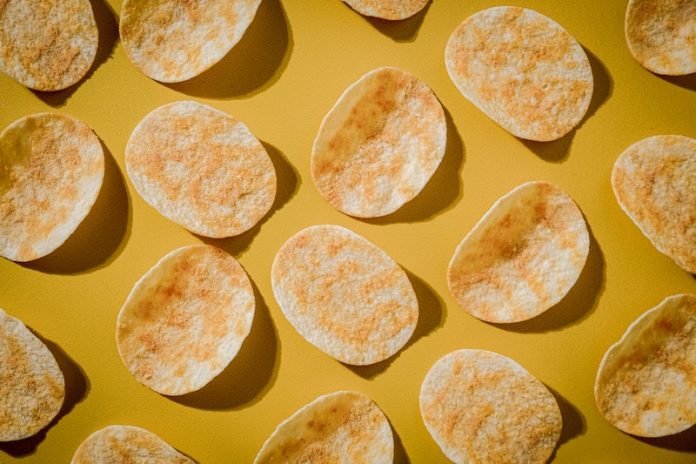
Scientists from Northeastern University found that 73% of the U.S. food supply is ultra-processed, which they link to a higher risk of developing a variety of health issues.
They hope this database will help fill in gaps in the public’s knowledge about what they eat—specifically, how processed the food actually is.
The research is published in Nature Food and was conducted by Giulia Menichetti et al.
In the study, the team showed the level of processing for over 50,000 foods sold in the United States.
What does it mean for a food to be processed—and why does it matter? Processing applies to literally anything you do to a food, like chopping up vegetables.
For a food to be ultra-processed, it must have been chemically altered.
One example is some orange juices that are labeled “natural” but are actually divided into three different chemicals before being stored separately and remixed later.
There may be no indication on a package that this product is ultra-processed. The USDA only tracks and reports so many nutritional components, and the FDA only requires companies to report around 12 nutrients.
Unfortunately, there’s no biomarker or chemical indicator for ultra-processed foods.
But in two follow-up papers, the team shows that by revealing what nutrient concentrations should look like in natural, non-processed foods, the equation can still help determine which foods in the U.S. supply have been chemically altered and thereby deviate from nutrient ranges observed in natural ingredients.
Their final task was to release this information to the public so people could make more informed decisions about their diets.
The online version of the database allows consumers to browse the food supply for the level of processing. Each food is given a score from 0 to 100, and users can compare different products.
If you care about diets, please read studies about how our choice of diet can lead to the development of diabetes, and this diet may reduce your cholesterol levels by 30%.
For more information about nutrition, please see recent studies about diet that could help prevent high blood pressure, and results showing this healthy diet may protect your kidney health.
Copyright © 2022 Knowridge Science Report. All rights reserved.



